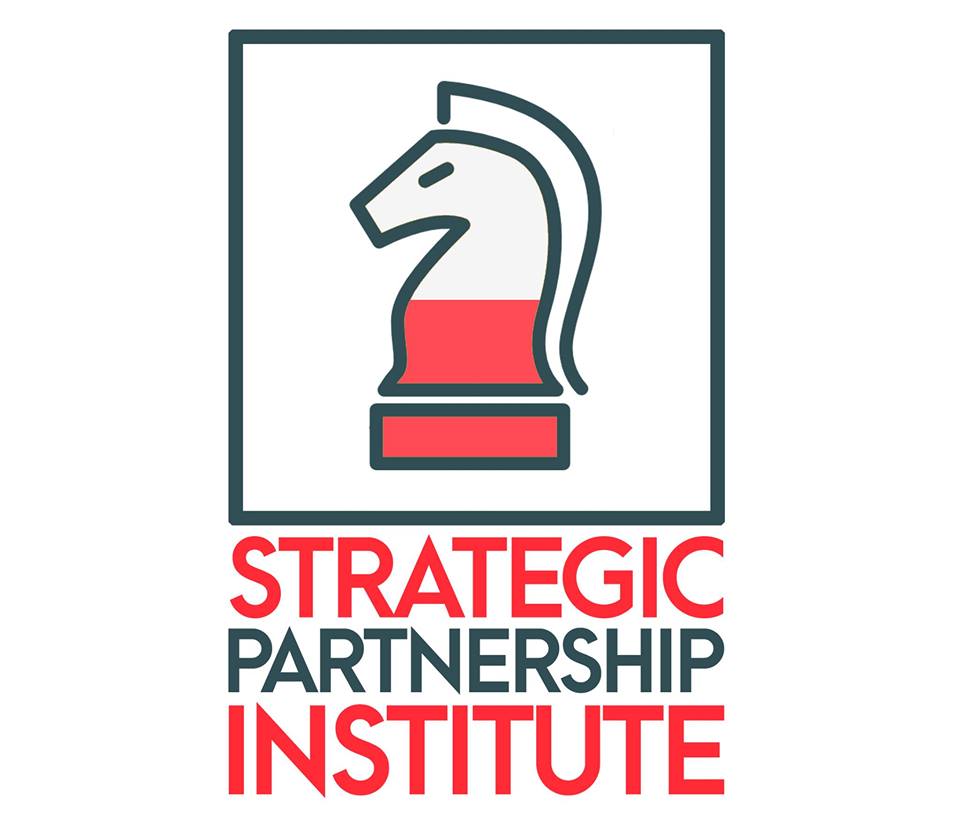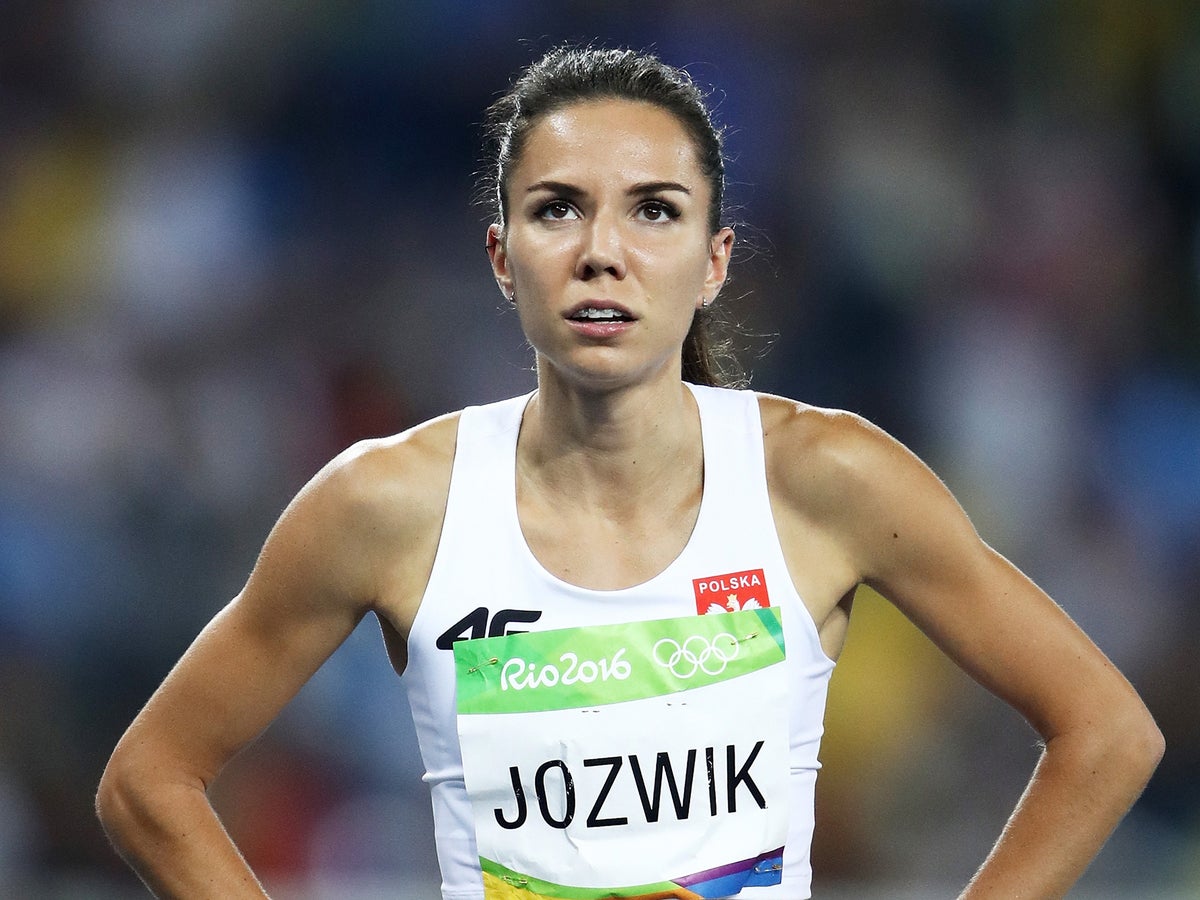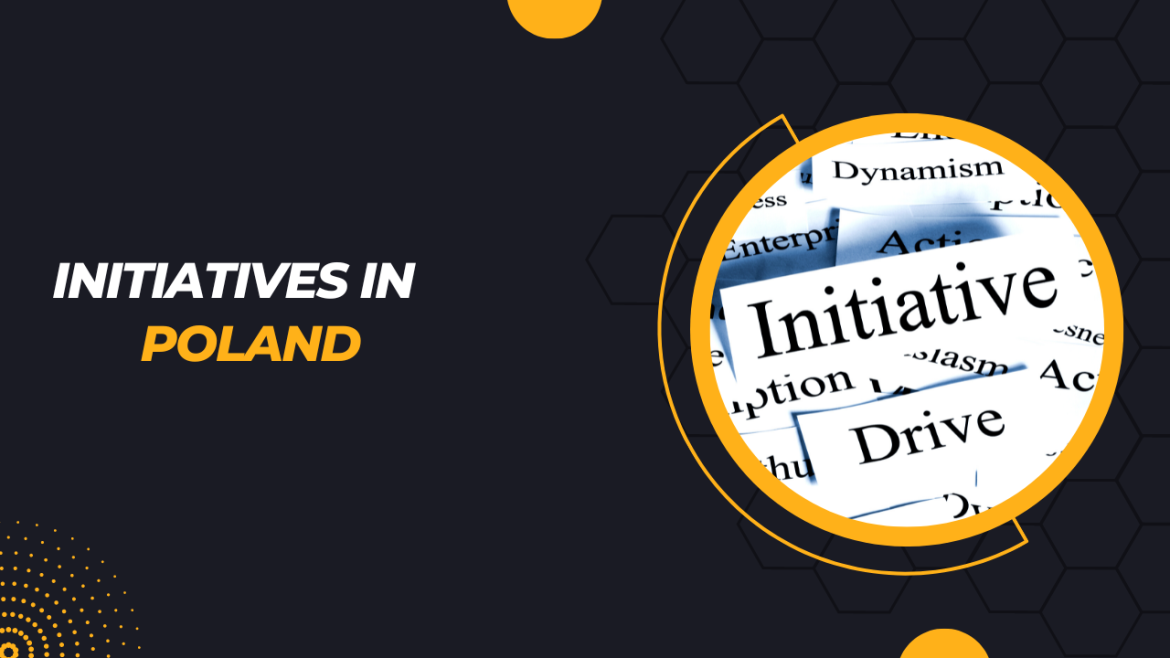Reducing Catcalling and Sexual Harassment in Sports in Poland: Recommendations for the Society
Catcalling and sexual harassment in sports have been a longstanding issue in Poland, just like in many other countries. These behaviours can have devastating effects on the athletes’ mental and physical health, which can eventually hamper their overall performance. To mitigate the problem of catcalling and sexual harassment in sports, it is imperative that the society as a whole takes action to address this issue. In this article, we will explore some recommendations that can be implemented in Poland to reduce catcalling and sexual harassment in sports.
- Promote Awareness: The first step towards reducing catcalling and sexual harassment in sports is to raise awareness about the issue. This can be achieved by launching awareness campaigns that highlight the adverse effects of catcalling and sexual harassment on athletes. The campaigns should target athletes, coaches, parents, and other stakeholders in sports. These campaigns can be conducted in various ways, including social media, TV, and radio, among others.
- Implement Stringent Policies: To tackle catcalling and sexual harassment, sports organizations, and the government must create stringent policies. These policies should be backed up by adequate resources to enforce them. Organizations should provide training programs that will equip coaches and athletes with the skills to identify and respond to harassment. The Polish Olympic Committee should also establish a dedicated reporting mechanism for athletes to report any instances of harassment.
- Enforce Laws: The government should enforce laws that criminalize catcalling and sexual harassment in sports. This would deter potential offenders from engaging in such behaviours. The authorities should also impose heavy fines and prison sentences on individuals found guilty of catcalling and sexual harassment.
- Empower Athletes: To reduce catcalling and sexual harassment, athletes need to be empowered to report such cases. Athletes should be given access to counselling and legal services that can help them deal with the mental and emotional effects of harassment. Coaches should also be trained to provide a supportive environment for athletes who have experienced harassment.
- Create Safe Spaces: To reduce catcalling and sexual harassment in sports, it is necessary to create safe spaces for athletes. This can be achieved by providing adequate security measures, such as CCTV cameras and guards, in sports venues. Organizations should also provide separate changing rooms and restrooms for male and female athletes.
- Promote Gender Equality: Sports organizations must promote gender equality in sports. They should provide equal opportunities for both male and female athletes, including equal pay and recognition. By doing so, it will create an environment where women feel valued and respected, which can reduce instances of catcalling and sexual harassment in sports.
In conclusion, reducing catcalling and sexual harassment in sports in Poland requires a multi-pronged approach. It requires awareness campaigns, stringent policies, enforcement of laws, empowerment of athletes, creation of safe spaces, and promotion of gender equality. By implementing these recommendations, we can create a safer and more inclusive sports environment in Poland.
This article is part of the WHISTLE project, a movement funded by the European Commission that aims to prevent verbal sexual harassment and catcalling in sports. The project involves municipalities and associations from several countries, including Poland, and promotes a safe and inclusive environment for women in sports through awareness-raising campaigns and the implementation of reporting mechanisms. To learn more about the WHISTLE project, visit https://whistleproject.eu








